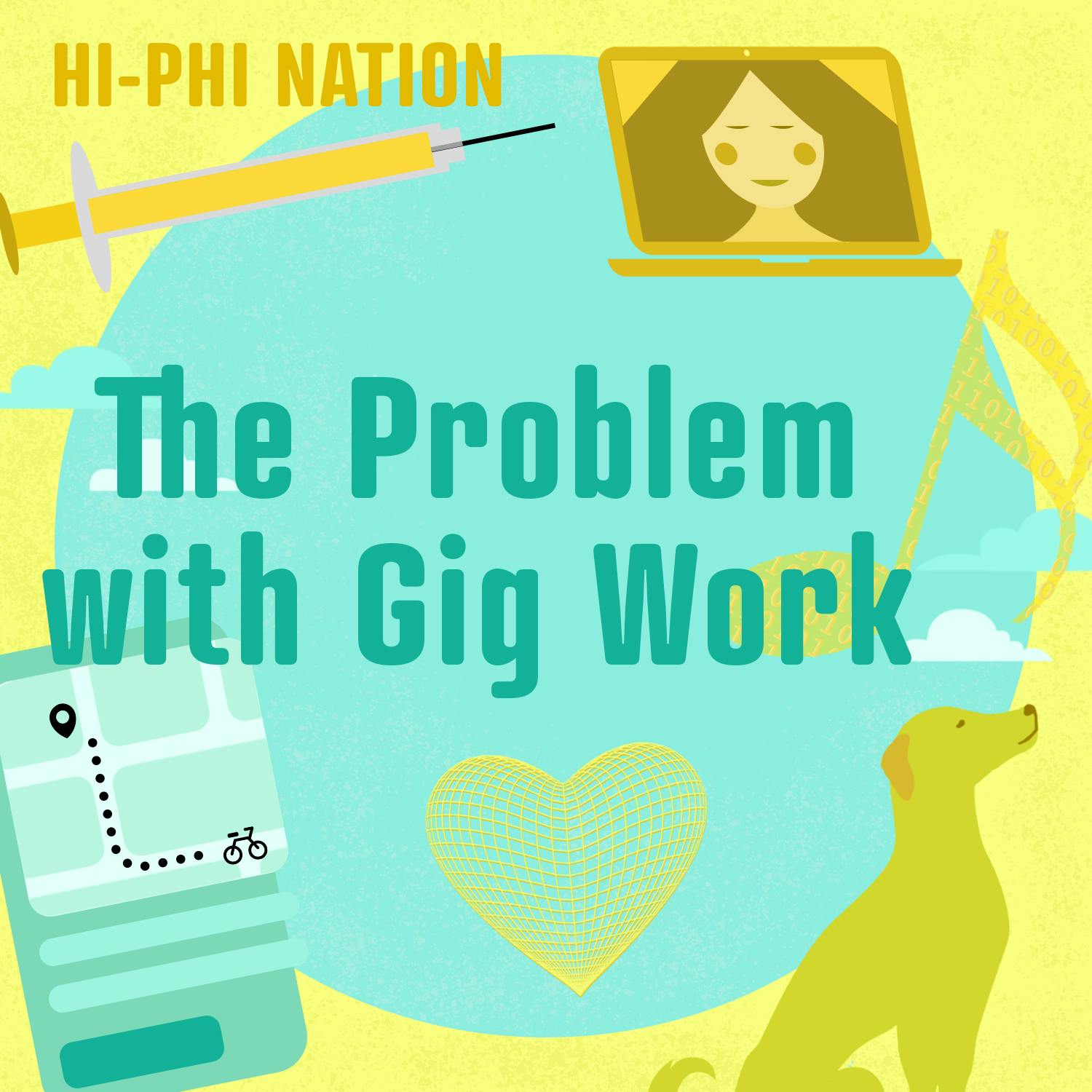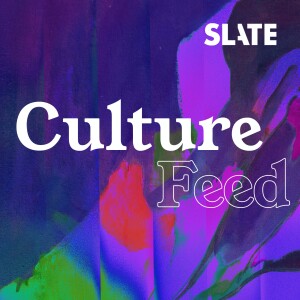
Willy and Heidi were both gig workers for Shipt, the fast-delivery app for groceries or same-day shopping. In 2020, they both realised: the pay algorithm had changed. Now, they couldn’t tell what a job would pay, or whether it would earn or lose them money. Instead of just taking it, they decided to fight back.
In the gig economy, companies like Shipt, Instacart, and UberEats all use black box pay algorithms to try and get workers to accept gigs but hide information from them to do so. Early in the pandemic, a rag tag group of gig workers tried to resist, and found someone at MIT to help them.
Host Barry Lam talks to them about the steps they took, and political philosopher Daniel Halliday (University of Melbourne) talks about the differences between wage labor and freelance labor and why he thinks the biggest gig economy companies are morally suspect. Then, we talk the future of regulation and worker-owned apps and delivery platforms.
Guests include Drew Ambrogi (coworker.org), Dan Calacci (MIT). This is an in-depth, longform version of a story originally done for WNYC studio’s Radiolab in their Gigaverse episode.
Learn more about your ad choices. Visit megaphone.fm/adchoices
More Episodes
 2024-10-29
2024-10-29
 2024-10-28
2024-10-28
 2024-10-27
2024-10-27
 2024-10-26
2024-10-26
 2024-10-25
2024-10-25
 2024-10-24
2024-10-24
Create your
podcast in
minutes
- Full-featured podcast site
- Unlimited storage and bandwidth
- Comprehensive podcast stats
- Distribute to Apple Podcasts, Spotify, and more
- Make money with your podcast
It is Free
- Privacy Policy
- Cookie Policy
- Terms of Use
- Consent Preferences
- Copyright © 2015-2024 Podbean.com






